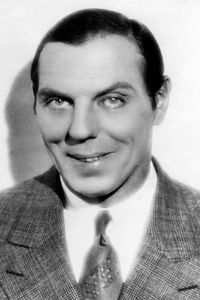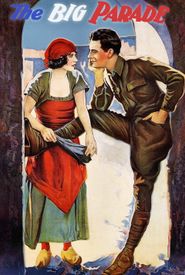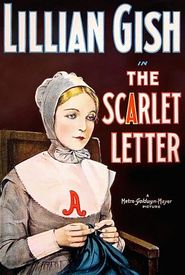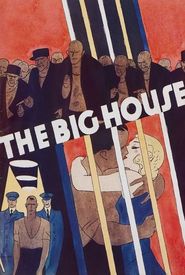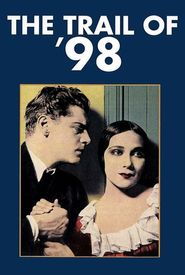Here is Karl Dane's biography:
Born Rasmus Karl Therkelsen Gottlieb in Copenhagen, Denmark on October 12, 1886, Karl Dane had a rough childhood. His father was an alcoholic and spendthrift, and his parents eventually divorced. To escape his unhappy home, Dane took an interest in the arts, particularly puppeteering, which was popular in Denmark at the time.
In 1910, he met and fell in love with Carla Dagmar Hagen, and they had two children together. However, Dane's restlessness led him to immigrate to America in 1916, hoping to support his family and find new adventures. Unfortunately, his wife soon asked for a divorce, leaving Dane lonely and miserable.
Dane worked various odd jobs, including as a mechanic and carpenter, and lived in different states. He eventually tried his luck in the film industry, landing a small extra role at Vitagraph in 1917. Although his scene was cut from the final film, Dane continued to pursue a career in acting.
With the outbreak of World War I, Dane found success playing the role of the evil Hun in several anti-Kaiser films. He changed his name to Dane, possibly to avoid anti-German sentiment, and went on to appear in many films throughout the 1920s.
Despite his success, Dane's personal life was marked by tragedy. He lost his second wife, Helen Benson, in childbirth, and his third wife, Emma Sawyer, left him after only six months of marriage. He also struggled with loneliness and depression.
However, Dane's acting career continued to flourish, and he landed key roles in several major films, including "The Big Parade" (1925),"La Bohème" (1926),and "The Scarlet Letter" (1926). He also formed a comedic duo with British actor George K. Arthur, and the pair enjoyed great success.
Despite his success, Dane's life was marked by tragedy and hardship. He struggled with health problems, including pneumonia, and his film career began to decline in the late 1920s. He made a final film, "The Whispering Shadow" (1933),before retiring from acting.
Dane's post-film career was marked by financial struggles and personal hardships. He lost all the money he had made in films due to his business partner's dishonesty, and he was forced to take on menial jobs to make ends meet. He eventually died alone in his apartment on April 14, 1934, at the age of 47, leaving behind a legacy as a talented but troubled actor.
